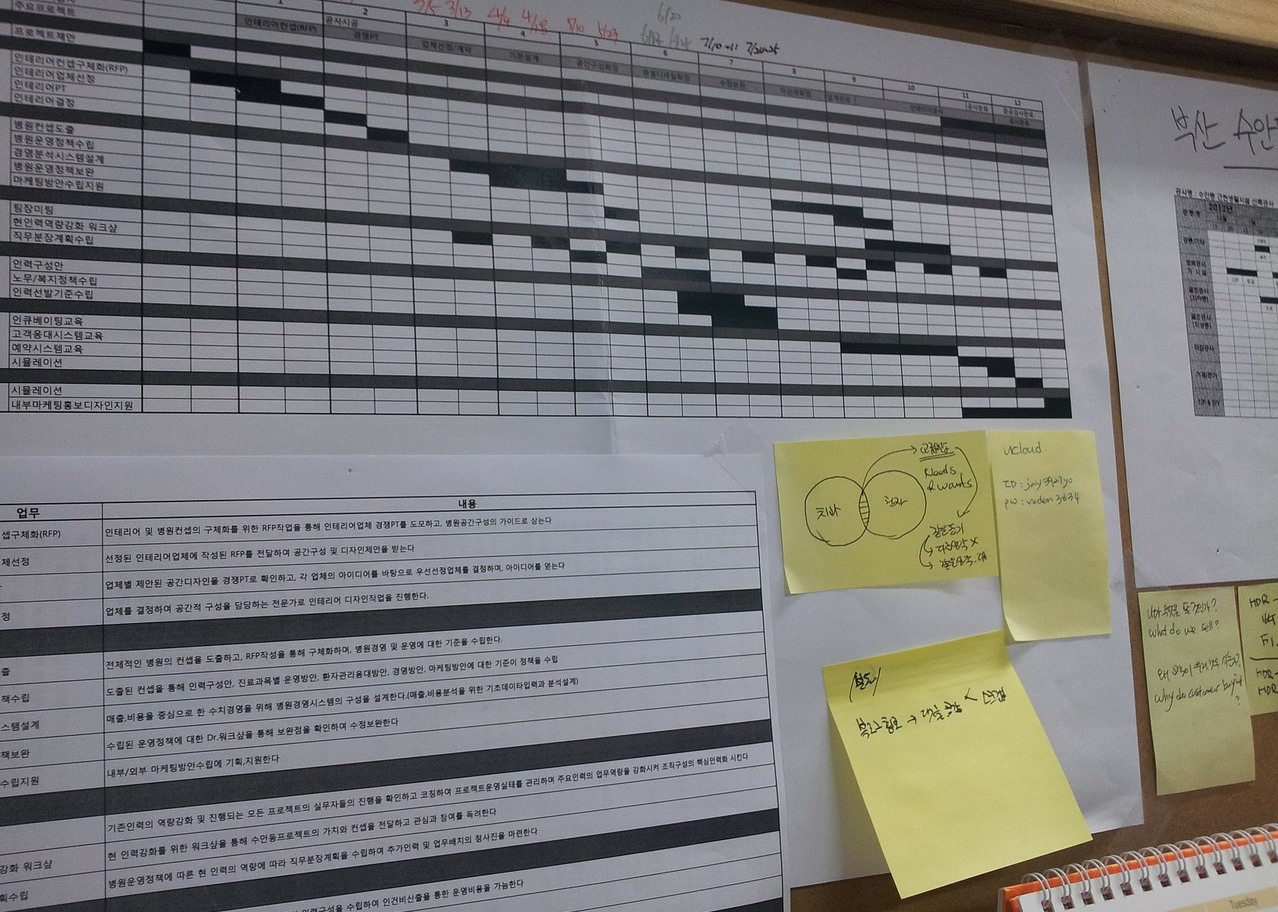Supervisor Skills Training | The 9 Skills
Learn all nine essential and critical leadership skills for supervisor skills training.

Coaching
The ability to have informal conversations about sustaining, improving or changing workplace performance and behaviors. The most skilled leaders consistently deliver positive contacts, set clear expectations and provide ongoing coaching via the loop of instruction, observation and feedback.
Like a compass consistently providing direction, the team leader establishes expectations and catches people doing things right.
In supervisor skills training, coaching is more powerful than disciplining because the team leader has the opportunity to "nip" performance issues in the bud.

Delegating
The ability to challenge and grow subordinate team members for competence, and subsequently confidence, in completing broad work assignments that obtain results. It is the giving of power, responsibility or work to another.
Develop talent by giving your people projects – not tasks – that are challenging, even global, so that they can execute big things.
Supervisor skills training must address two opposing elements: micromanagement is a behavior while delegating is a skill.

Disciplining
The ability to ethically and legally deliver disciplinary action that obtains winning performance when an employee chooses not to perform. It is not the process of building a case against an employee so that the employer can win in court; rather, it is the ability to formally manage a process that emphasizes how the employee can be successful at work.
Discipline is less about punishment and more about marching to success. Create a team that is confidently marching in the same direction.
The supervisor skills training of our competitors often treats discipline as something found in the employee handbook rather than demonstrating how to build competence in it as a leadership skill.

Documenting
The ability to concisely record in a written fashion (without emotional connotation) the facts of a particular circumstance especially as it pertains to employee performance. In particular, this documentation must be prepared so that it withstands scrutiny should it end up in court.
Whether the team leader uses a tablet, PC, typewriter or pen the point is to effectively capture in written form the facts of the circumstances.
Documenting - one of the 9 "must-have" skills - is often overlooked in the supervisor skills training of our competitors.

Fulfilling Dynamic Changing Jobs
The ability to recognize, and respond with, innovative solutions when jobs within an organization change due to technology, regulation, industry needs, customer expectations, business growth, organizational shifts, etc.
Although this skill has cross-training as a foundation, it is more about re-designing work and developing people at the job and task level so that they are ready to continuously step into a dynamically changing work role.
The puzzle of business, and what works, is not static. Instead the team leader must visualize what is on the horizon and what pieces must be put in place for both the current situation and future state.
The fact that fulfilling dynamic changing jobs is NOT a part of most supervisor skills training is itself an irony of the dynamic nature of business.

Measuring Work
The ability to use data, metrics and standards to monitor and analyze business results for an individual or team.
Historically this term focused on time and average performance. The term referred to the application of techniques to establish time for an average worker to complete a task at a defined level of performance.
Like using a caliper to pinpoint an exact measurement, today the team leader must pay attention to the details and fine-tune the measurements so the results are meaningful for the business and continuous improvement.
Although separate, our approach to supervisor skills training weaves planning work, delegating and measuring work into a mindset of using talent to accomplish big things.

Motivating People
The ability to keep employees engaged, energized and inspired to do the best they can to exceed expectations.
At a bare-bones minimum, an effective leader must know the difference between "why" people don't perform and what individuals "need" in order to be successful at work.
Igniting the flame in one employee typically spreads fire to others.
Our supervisor skills training emphasizes seven unique aspects for motivating, engaging and energizing people.

Planning Work
The ability to organize, prioritize, schedule and identify specific people who are responsible for work tasks.
The team leader may use any number of tools to accomplish this including a work breakdown structure (from project management), job description, marketing plan, to-do list, etc.
Looking ahead to a critical date (s) when results must be executed is simply an essential component of planning - in any language.
In supervisor skills training, planning work is the counter-balance to measuring work. Both must be done effectively.

Scripting
The ability to handle difficult or sensitive conversations with employees and customers in order to professionally deliver a message.
This does not refer to memorizing the exact words for having a difficult conversation but it does mean being prepared with an opening script, a central message and a closing script. Most importantly, it means that the leader has the ability to handle the difficult dialogue that inevitably occurs in a sensitive conversation or tough situation.
The two "call-out" clouds represent the interactive nature of scripting rather than the delivery of an oration.
Scripting is the counter-balance to documenting in supervisor skills training.








